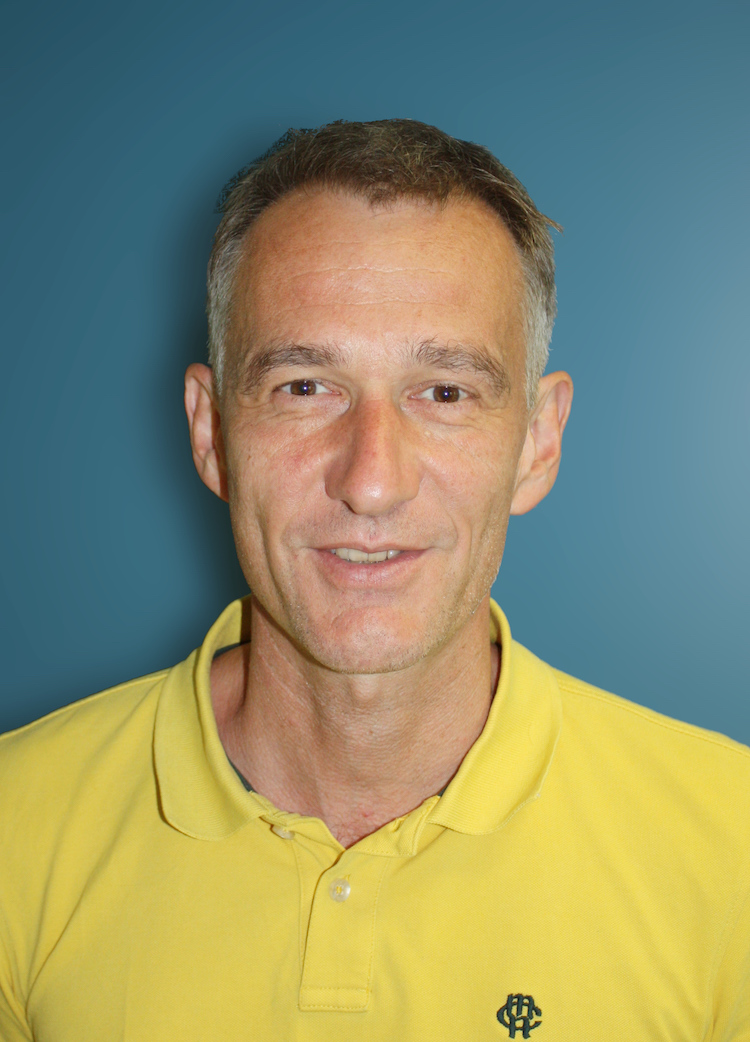Research Group Wulfhekel
 Prof. Dr. Wulf Wulfhekel
Prof. Dr. Wulf Wulfhekel
Contact:
KIT
Physikalisches Institut
Wolfgang-Gaede-Str. 1
D-76131 Karlsruhe, Germany
tel. +49 721 608 43440
sekr. +49 721 608 43451
fax +49 721 608 46103
mail wulf.wulfhekel∂kit.edu
Education
1988-1994: Diploma in Physics at Rheinische Friedrich-Wilhelms-Universität Bonn and University of New South Wales, Sydney
1994-1997: PhD in Physics University Twente, The Netherlands and Research Center Jülich
2003: Habilitation at Martin-Luther-Universität Halle
Positions
1998-2006: Max-Planck-Institut für Mikrostrukturphysik, Halle
2000 and 2003: professeur invité at Université d'Aix Marseille 2, France
Since 2006: full professor at Universität Karlsruhe / Karlsruhe Institute of Technology
Since 2012: research unit chair at the Institute of Nanotechnology (INT) with transition to the Institute for Quantum materials and technology (IQMT), KIT
Since 2018: invited professor at Fudan University, Shanghai
Awards
2001: Research prize of the state Saxony-Anhalt for the development of the spin-polarized STM
2010: global COE Professor at the University Osaka
2011: global COE Professor at the University Osaka
2013: Otto-Haxel prize for the development of the Joule-Thomson STM
Research program
 Our group focusses on low-temperature physics at the atomic or molecular scale using home-built scanning tunneling microscopes (STMs) in ultra clean environment. It spans the physics of magnetic nanostructures, spin and charge transport, fundamentals of superconductivity, electron-boson coupling and molecular electronics. We study the static spin configuration of nanoscale objects, their spin dynamics, the coupling of charge to the spin degrees of freedom as well the coupling of phonons to the charge carriers. This naturally involves studies of the pairing glue of conventional and unconventional superconductors. Finally, we investigate molecular systems, their spin and charge transport, their excitations including memristive properties, directed motions for molecular motors and light emission from single molecules.
Our group focusses on low-temperature physics at the atomic or molecular scale using home-built scanning tunneling microscopes (STMs) in ultra clean environment. It spans the physics of magnetic nanostructures, spin and charge transport, fundamentals of superconductivity, electron-boson coupling and molecular electronics. We study the static spin configuration of nanoscale objects, their spin dynamics, the coupling of charge to the spin degrees of freedom as well the coupling of phonons to the charge carriers. This naturally involves studies of the pairing glue of conventional and unconventional superconductors. Finally, we investigate molecular systems, their spin and charge transport, their excitations including memristive properties, directed motions for molecular motors and light emission from single molecules.
All our instruments are developed and manufactured in house and many of the designs have been licensed to commercial manufacturers. Our designs are in operation in many universities and research centers around the world.

